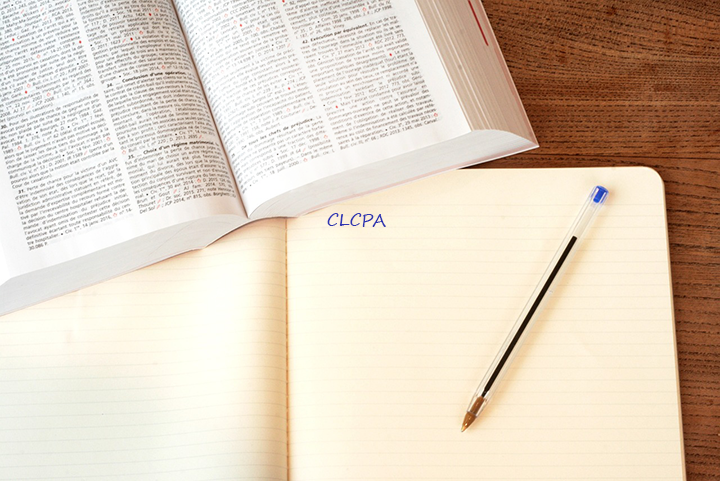How Will the CLCPA Impact Solid Waste Management Facilities?
New York State passed the Climate Leadership and Community Protection Act, Chapter 106 of the Laws of 2019 (CLCPA or Climate Act). This law is intended to significantly reduce the impact New York State has on climate change and to ensure that these changes do not negatively impact disadvantaged communities. Below is the important text of the law with regard to solid waste management facilities:
CLCPA – Chapter 7
§ 7. Climate change actions by state agencies.
- In considering and issuing permits, licenses, and other administrative approvals and decisions, including but not limited to the execution of grants, loans, and contracts, all state agencies, offices, authorities, and divisions shall consider whether such decisions are inconsistent with or will interfere with the attainment of the statewide greenhouse gas emissions limits established in article 75 of the environmental conservation law. Where such decisions are deemed to be inconsistent with or will interfere with the attainment of the statewide greenhouse gas emissions limits, each agency, office, authority, or division shall provide a detailed statement of justification as to why such limits/criteria may not be met, and identify alternatives or greenhouse gas mitigation measures to be required where such project is located.
For solid waste management facilities, as dictated by 6 NYCRR Part 360.16(f)(1), Part 621.3, and Part 621.4, any new application or permit modification for a solid waste management facility, with very limited exceptions, must conduct a CLCPA analysis as part of their permit application. Without this CLCPA analysis, any permit modification will be deemed incomplete until this is submitted.
What is a CLCPA analysis?
The CLCPA requires an analysis of the greenhouse gas (GHG) and co-pollutant emissions from the entire facility’s operations. Due to the lack of regulation, policy, or clear guidance, the New York State Department of Environmental Conservation (NYSDEC) has requested that this analysis include upstream and downstream truck emissions as well as those from the facility’s operations. The GHG emissions required include carbon dioxide equivalents, methane, nitric oxide, and particulate matter 10 microns and 2.5 microns (CO2e, CH4, N2O, PM10, and PM2.5). The co-pollutant emissions required include:
- All of the chemicals listed as hazardous air pollutants [Part 200.1(ag)] and;
- The high-toxicity air contaminants listed in Part 212-2.2 Table 2, which was added for those compounds not in the hazardous air pollutants list.
What is entailed in this analysis?
The facility’s current annual fossil fuel usage in the on-site equipment and office, the fuel type, and the mileage usage relative to a facility of incoming and outgoing trucks are inputted into several formulas, based on emission rates for fuel and equipment type, to generate individual emissions. The individual emissions are tabulated to derive the total annual emission rate. This also must be done for proposed facilities and must consider future planned operations because Section §75-0107 1(a)-(b) and Part 496.4(b) require the overall state emission rate to be reduced by 40% in 2030 and 85% in 2050.
If a facility cannot reduce its emissions to meet those requirements, it must offer an explanation for the NYSDEC to review and approve–and they will have a high standard because of their legal requirement.
Under NYSDEC regulation and policy, a CLCPA report is required in nearly all solid waste permit applications and modifications. The CLCPA analysis is a significant part of the CLCPA report. It will also include, based on the unique circumstances of a specific solid waste management facility, the current, proposed, and projected emissions.
Walden staff have spent significant resources researching these legal, regulatory, and technical issues, and have developed all of the necessary calculations for all fuel types and types of equipment to complete this required analysis. Contact Walden at 516-758-1273 to get started with your CLCPA analysis today. Our sustainability and solid waste experts are prepared to walk you through all regulations pertaining to your solid waste management facility.

To learn more about how New York’s environmental laws may impact your operation, contact Walden today. Our experts collectively have decades of experience working with regulatory agencies. Contact us at 516-758-1273 to speak with an expert who can help you ensure your facility is in compliance.
